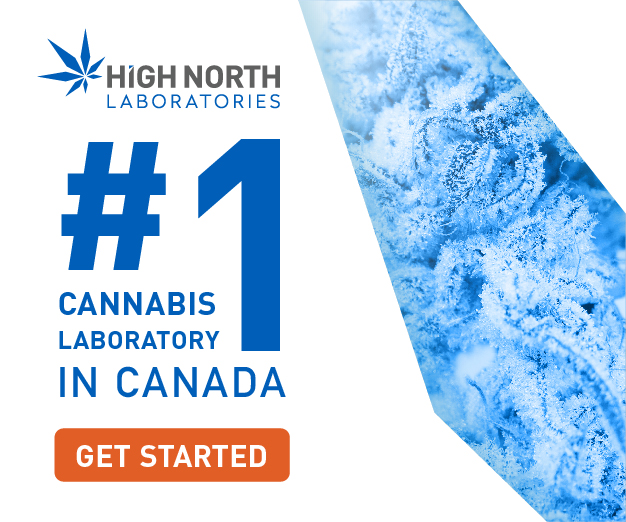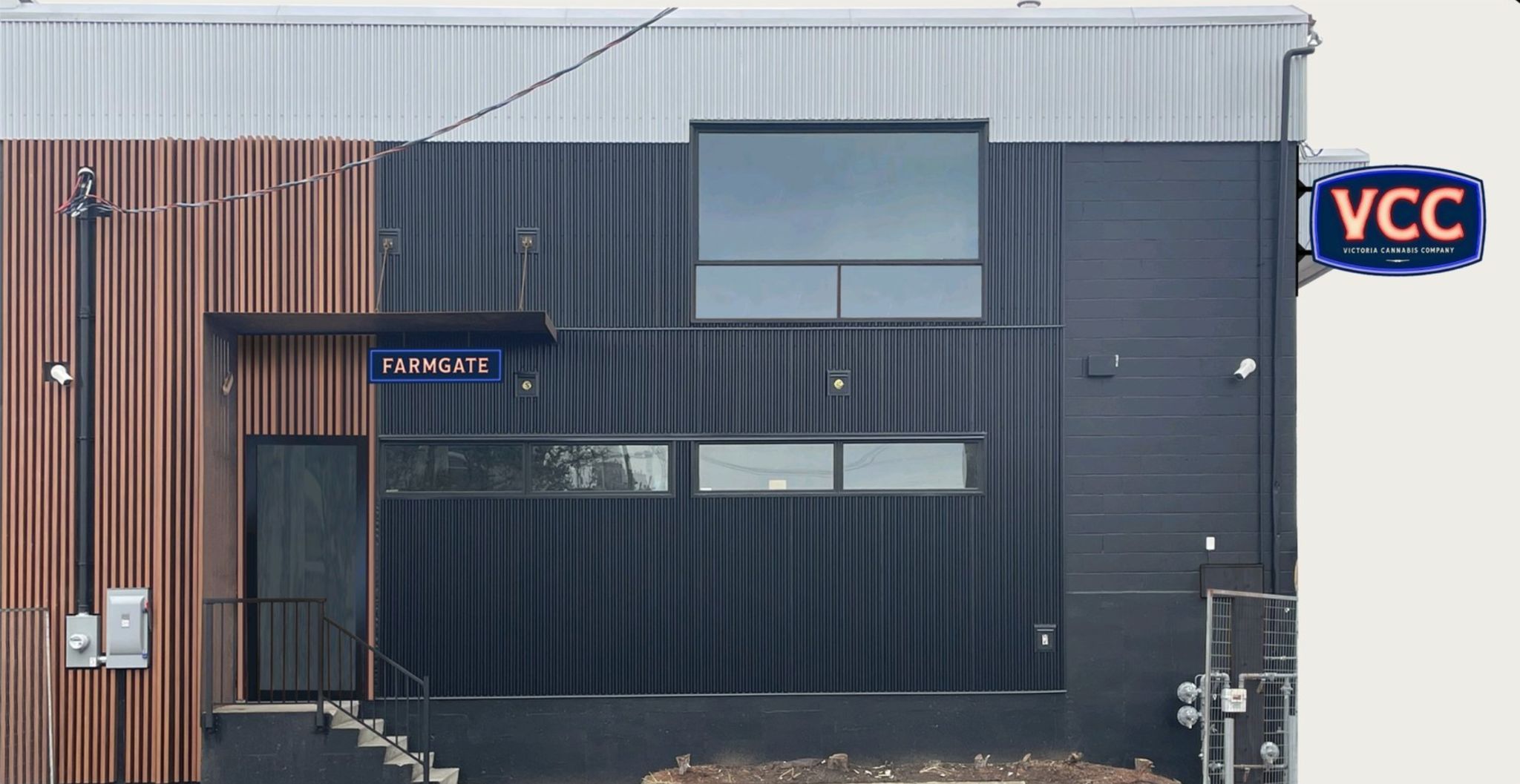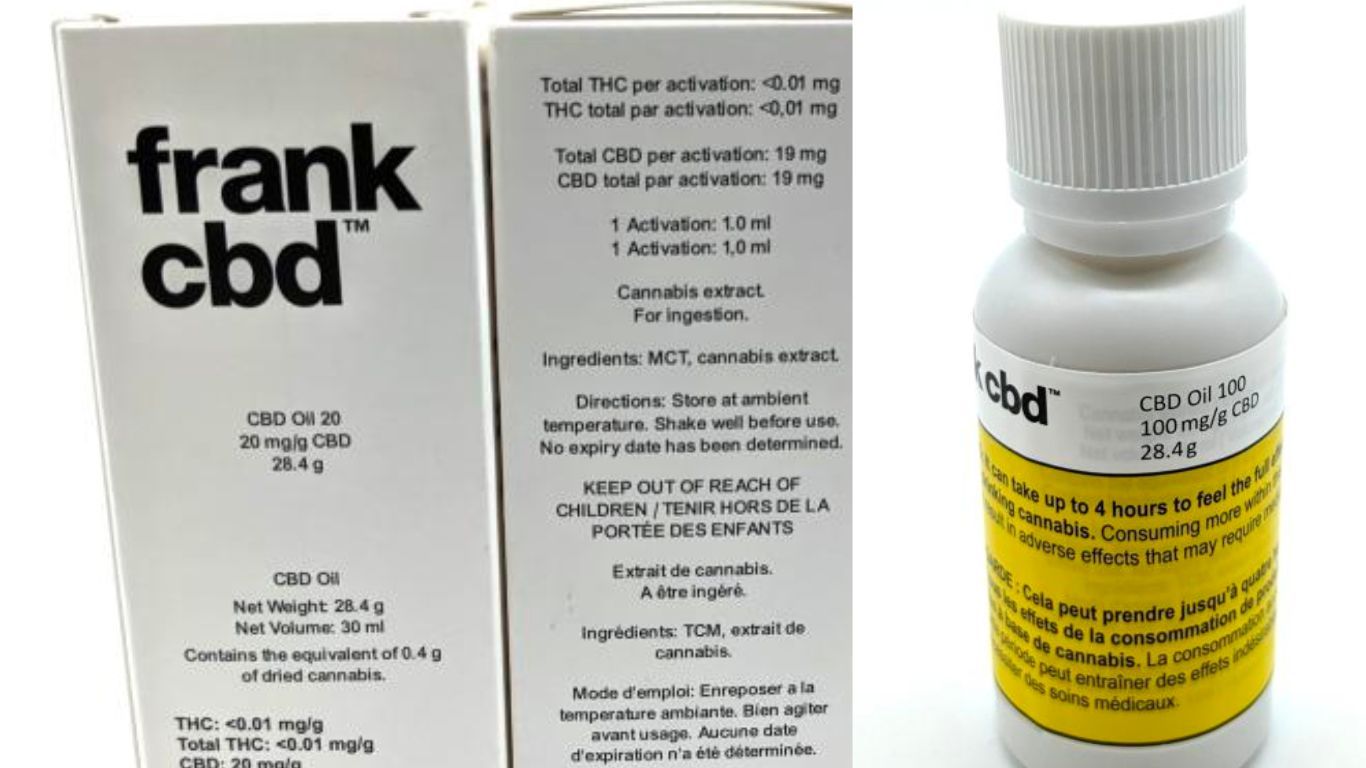
Canadian cannabis producers work under the same federal laws, but when it comes to provincial jurisdictions, each has a different approach. Some provinces have programs to support local producers, whereas others essentially ignore the industry; some are more protectionist, whereas others have equal access for all providers—no matter their location.
“The Société québécoise du cannabis, or SQDC, is very protectionist,” says Cartel Cutler, Managing Partner at Higher Peaks Agency, a Toronto-based sales and marketing organization that represents over 20 different brands. “With the SQDC, there is no chance of getting a listing unless it comes from a local provider. The SQDC will take product from out of province, but it has to be distributed through an LP in Quebec.”
Quebec is something of an outlier in that other provinces and territories in Canada are nowhere near as protective of local producers. Most, in fact, make little distinction. That said, some have policies that are specifically designed to help the local cannabis industry, such as British Columbia.
“The BC Liquor Distribution Branch (LDB) is committed to supporting local, BC-based producers,” says Kate Bilney, Senior Manager, Communications and Stakeholder Relations at the BC LDB. “The province has implemented two key programs aimed at supporting local producers in the province: the direct delivery program, and the BC Indigenous Cannabis Product (BCICP) program.”
The LDB’s direct delivery program was launched in August 2022, and continues to grow. It helps small-scale producers in BC to enter the market, authorizing them to deliver directly to retailers.
The BCICP, launched in January 2022, aims to highlight cannabis products from BC-based Indigenous producers, and to help consumers identify Indigenous products. The program is available to cannabis producers with at least 51 percent Indigenous ownership and facilities in British Columbia.
Home Grown Pride
The Ontario Cannabis Store (OCS) – the largest centralized wholesaler of legal cannabis in the world – also has programs that support local producers.
“The ‘Ontario-Grown’ curated product list, exclusive to OCS.ca, invites adult consumers to browse and shop a variety of cannabis products grown locally in Ontario,” says Mike Hajmasy, Senior Communications Advisor, Strategic Communications at the OCS. “As well, The OCS’s ‘Craft Cannabis’ designation and product list invites adult consumers to browse and shop craft-designated cannabis products, which are sourced from LPs in Ontario and across the country.”
The OCS, which has a catalogue of 3,000 unique cannabis products and distributes to more than 1,600 brick-and-mortar retail stores across the province, also has a farmgate program to help out local LPs.
“LPs can sell cannabis products to the OCS for sale at the farmgate store without first having to ship that product to the OCS Distribution Centre,” says Hajmasy. “As a result, farmgate stores located at production facilities across Ontario can make their products available directly to adult consumers. There are currently five farmgate stores operating in Ontario.”
Overall, getting products into the OCS is a complex process. When it comes to smaller and local producers, the province’s flowthrough program, which allows retailers to order select products that aren’t stocked by the OCS warehouse, should help with market access.
“The OCS is trying to get to a better place by expanding the flowthrough program,” says Cutler. “Conceptually, it’s a great idea, as it gets products into people’s hands faster. Ultimately, it could replace the product call process, which would be great because right now it’s an onerous and drawn-out process.”
Alberta, which has received some criticism for not supporting local LPs, is making strides in this area, given that 35 of the 147 LPs that the Alberta Gaming, Liquor and Cannabis (AGLC) works with are Alberta-based, and that many of the AGLC’s product listings are made up of Alberta-produced products.
Meanwhile, Saskatchewan and Manitoba, which don’t have a formal product call process or specific programs for local LPs, nonetheless receive praise for their ease of doing business. In Saskatchewan, all LPs ship to one of the approved distributors or directly to retailers. In Manitoba, the Manitoba Liquor & Lotteries Corp (MLLC) coordinates with LPs for direct-to-retail delivery.
“My favourite model is by far Saskatchewan,” says Cutler. “Manitoba as well, because it is easy to get listings and to bring all of the products that you’d like to market.”
Promoting the industry
The cannabis industry in Canada is still dealing with stigma, which some observers claim has resulted in a reluctance to support the sector and indifference to the need for tax reform. At the provincial level, many jurisdictions have been reluctant to promote the industry in the same manner as local wine or craft beer.
“There should be a break for small, local producers, but it has to come at the provincial level,” says Gord Nichol, owner and president of North 40 Cannabis in Nipawin, Saskatchewan. “For example, small craft beer producers in Saskatchewan have successfully lobbied for reduced excise tax. If we were to cut a similar deal for micros, it would really make a difference.”
Nichol is one of the largest employers in his rural municipality, and pays his workers 80% above the living wage. He argues that a break on the excise tax would make a big difference.
“If significant tax breaks were available, we could double our economic output,” he says. “And all of that would go right back into the economy. Sadly, there’s little political interest to do that, perhaps because we are small, or due to ignorance or stigma.”
There are some examples of provinces taking bolder approaches, which suggests that stigma can be overcome. Usually, these programs are promotional, such as in Nova Scotia.
“The best thing about Nova Scotia is the emphasis placed on highlighting local products and producers,” says Cutler. “The Nova Scotia Liquor Corporation (NSLC) stores have dedicated space and signage promoting the ‘Buy Local’ movement that continues to increase in popularity and demand by customers.”
In Ontario, the OCS also helps out with marketing and with sponsorships and grants at industry events. For example, OCS has a new series of written and video spotlights that showcase Ontario-based LPs. There are also ongoing efforts to support grant programs by event organizers that provide Ontario LPs (and retail stores) with access and visibility at industry events.
Clearly, some steps are being taken to support the industry, though cannabis in Canada still doesn’t receive anywhere near the attention or practical support, that is common practice for other economic sectors, with stigma and ignorance being the most likely reasons. Nonetheless, cannabis industry sales continue to increase as production space and headcount plateau, which suggests that now might be a good time for provinces to revisit their policies and find innovative and practical ways to help local producers compete.
Featured image via Organnicraft












